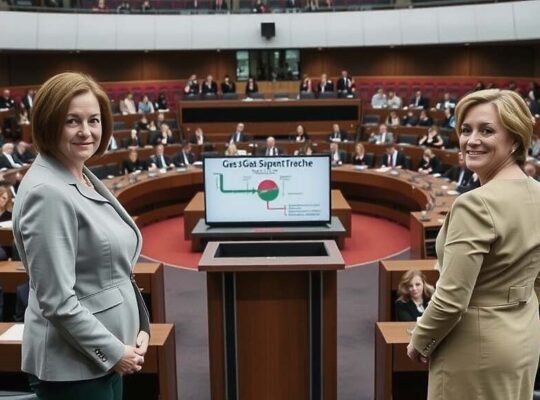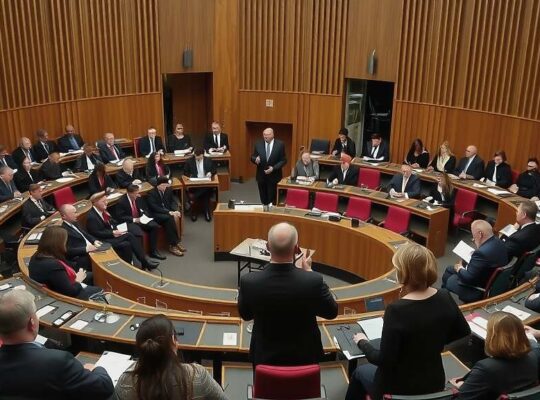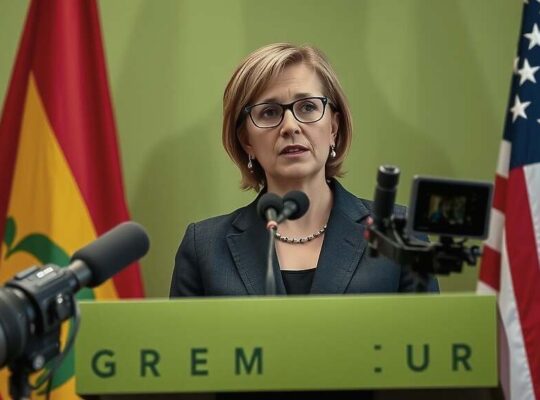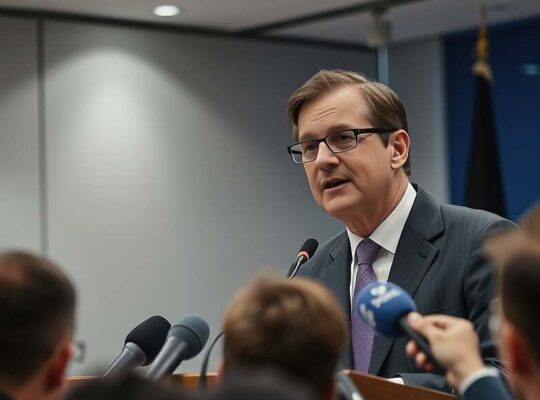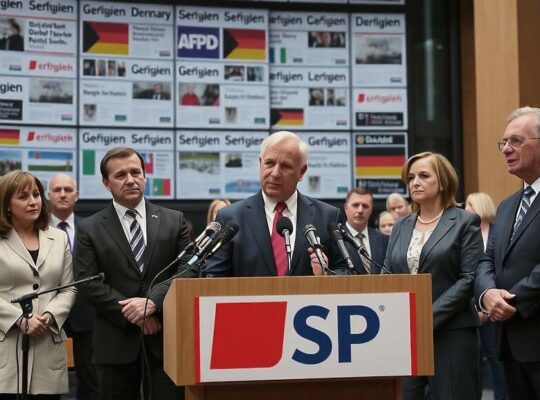Discussions continue around the planned early start pension scheme spearheaded by the German government, with significant shifts potentially impacting its implementation. According to reports from business magazine “Capital” the finance ministry, led by the Social Democratic Party (SPD), is now considering replacing the initially envisioned privately managed system involving children’s savings accounts with a state-administered fund, tentatively known as “Kenfo.
The current plan, as it stands, is to initially focus support on children born in 2020, who will celebrate their sixth birthday in 2026. Approximately €100 million has been earmarked in the budget to support this initial cohort. Children older than this will not be included in the first phase of the program.
The proposed change has drawn criticism from coalition partners and fintech companies. Representatives from the conservative Union faction have expressed fundamental opposition to a collective model, arguing that it contradicts the terms of the governing coalition agreement. They advocate for promoting financial literacy and encouraging early engagement with privately organized savings accounts, rather than a one-time payout upon reaching adulthood.
Several online brokerage platforms, known as neobrokers, have voiced concerns regarding the potential shift away from the private management model. Scalable Capital, in a statement to “Capital” stressed the importance of adhering to the originally agreed-upon private structure, emphasizing that this is essential for permanently safeguarding assets from state intervention and for ensuring the desired learning effect. Smartbroker CEO Thomas Soltau similarly dismissed the plans as “embarrassing” arguing that a collective solution would eliminate the opportunity for individual contributions and actively involve children in learning about financial management.
The original framework of the early start pension, outlined in the coalition agreement between the SPD and Union, stipulated that each child aged six and above would receive €10 per month from January 2026, deposited into a privately managed savings account to lay the foundation for independent retirement planning. Several neobrokers had previously positioned themselves with tailored savings account offerings in anticipation of the program.




